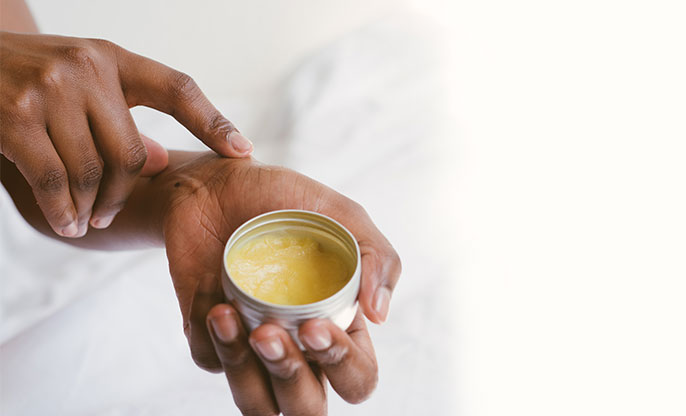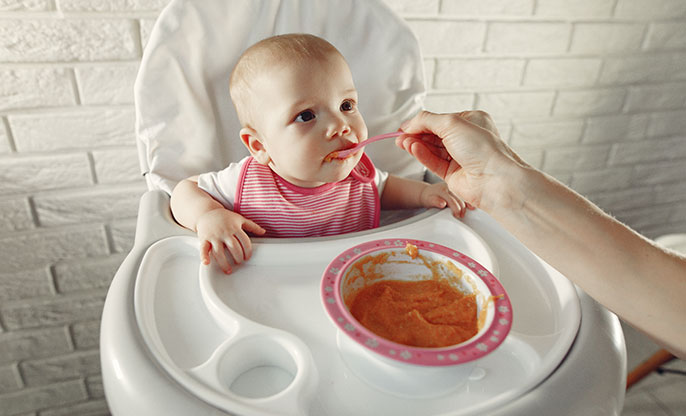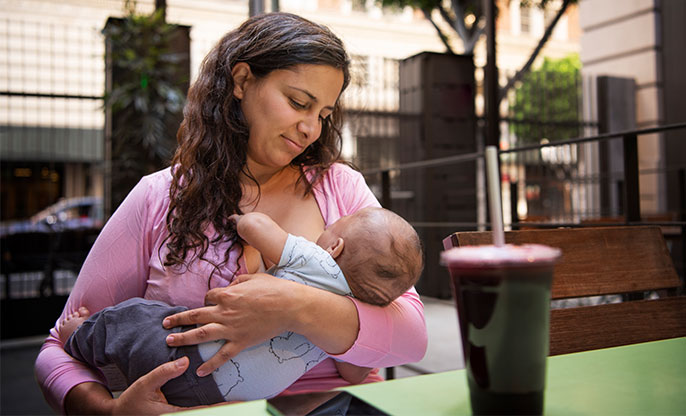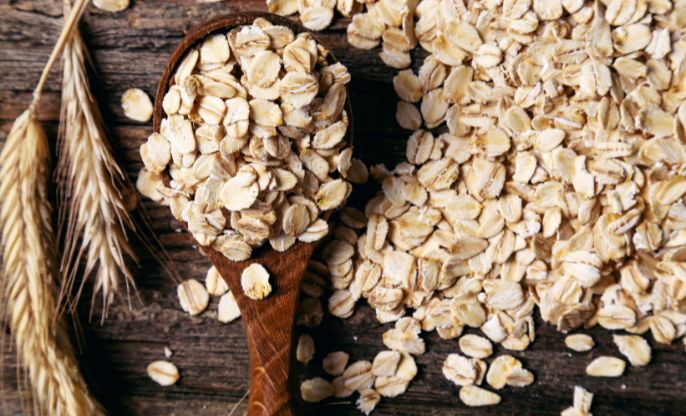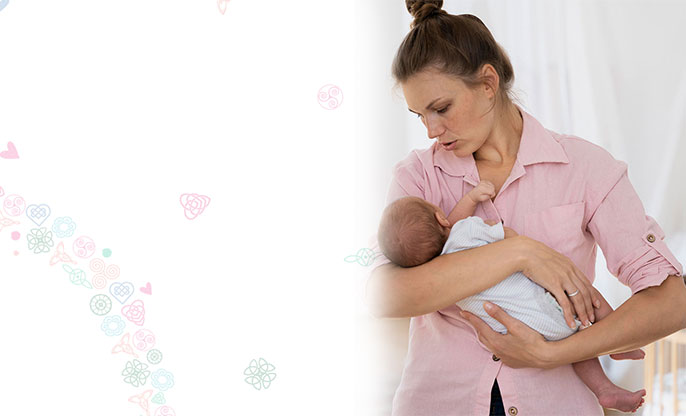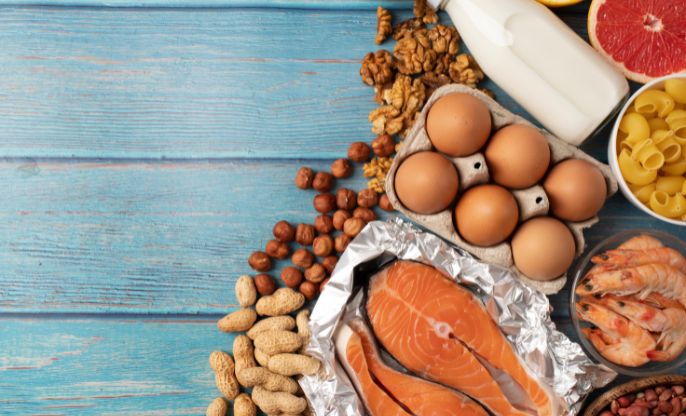
NUTRITION IN POSTPARTUM PERIOD
What you eat in postpartum period plays a major role in shaping your baby’s health, especially if you are breastfeeding. So, choose a nutrient-dense diet with a wide variety of rich foods from all food-groups. Here’s a checklist of what foods you should have in your postpartum diet;
Protein: A mix of animal and/or plant proteins including:
Lean meats
Fish
Eggs
Nuts
Beans
Legumes
Wholegrains
Seeds
Seasonal vegetables including:
Raw bananas
Pumpkin
Ash gourd
Bitter gourd
Sweet potatoes
Carrots
Beets
Green, leafy vegetables
Tip: An assortment of vegetables will nourish you with micronutrients and help in digestion.
Whole grains and legumes: these are rich in fibre, vitamin B1, vitamin B9 (folate), vitamin B2, zinc, and choline.
Nuts: it gives you natural fats and are loaded with vitamin E, selenium, zinc, choline, and calcium (present in almonds). Walnuts are rich in antioxidants and are a source of Omega-3s. However, have nuts in moderation as they heat up your body, too fast.
Ragi (finger millet): a rich source of calcium, iron, and magnesium. Many regions in India have versions of ragi porridge that are good for new mothers.
Fruits: Have two to three varieties of fruits every day. You can opt for mangoes, guava and oranges which have vitamin C (guava is also good for teeth and gums).
Hydration is key
Staying hydrated is always important, especially so in the postpartum period. And it becomes all the more important if you are breastfeeding.
Aim for 7 to 10 glasses of water per day.
Have fruits like watermelon and pineapples.
Packed with essential electrolytes and minerals, coconut water is another excellent source for hydration.
